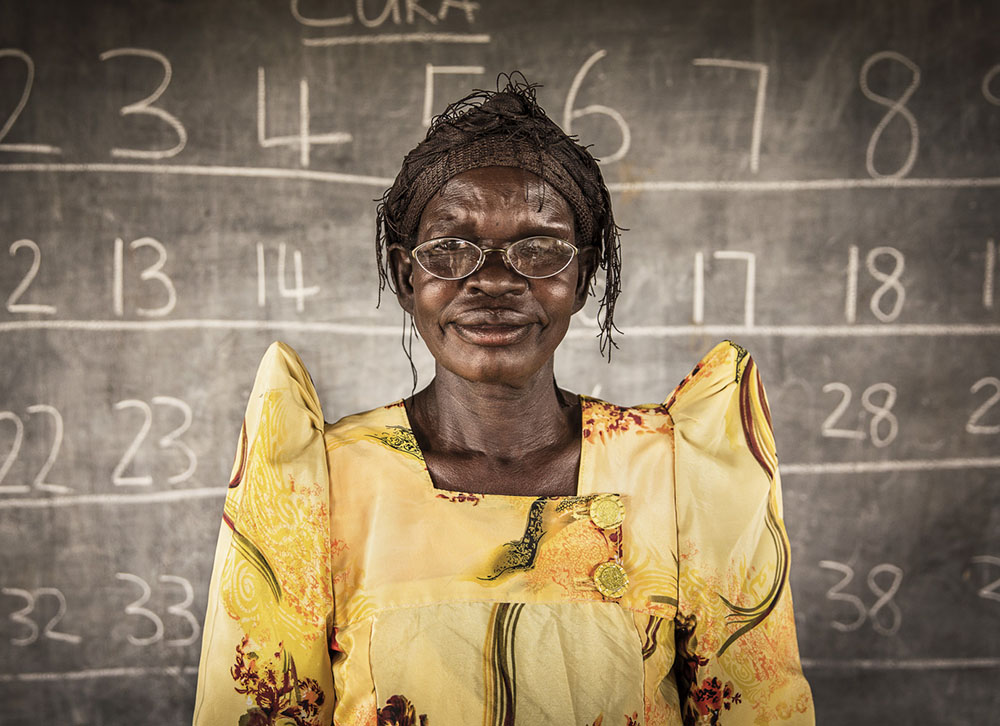Adult Literacy
Women’s education changes the world.
African Women Rising is the largest provider of adult literacy in Northern Uganda.
African Women Rising runs 44 Functional Adult Literacy centers, all reaching people in very remote areas of Northern Uganda. The centers provide education to over 2,000 adults. We use REFLECT, an innovative approach to adult learning and social change that combines the theories of Brazilian educator Paulo Freire with participatory methodologies.
Our centers are more than a place to become literate. Participants identify issues that are relevant to them and discuss how to solve them. For example, the lack of trustworthy candidates in the last general election made over 50 students to run for public office. Centers have also repaired boreholes, opened up new roads, started marketplaces and community schools for children.

Most students enter the program at Level 1, meaning they have no educational background at all. They are taught how to read and write simple words in the native language, Luo, and how to add, subtract, and multiply. Students who graduate to Level 2 learn how to perfect reading and writing in the native language. Those who move on to Level 3 begin to learn English. Each level takes a year to complete.
Our mobile eye clinics visit the centers to provide participants and community members with access to eye care. The eye clinics were started as we realized that many of our students were having difficulties seeing the black board. To date we have provided over 3,000 glasses and treated more than 7,000 eye related diseases.
PHOTO GALLERY
“Before I came to the literacy center I had to sign with my thumbprint. People think you are ignorant. It feels good knowing how to read and write.”
“Knowing how to read and write has changed my life. No one can cheat me now. My business, selling produce at the market, has grown because I can keep track of the money.”
All our centers have baby sitters so parents can learn without having to worry about childcare. Our babysitters are often older women in the communities who have no other means of income.
There are no eye clinics in the communities where we work. Most people don’t have the resources to afford the cost to go to Gulu town for treatment.
The eye clinics are open to all members of the community, regardless if they are a participant at literacy center or not.
This community school was started by participants to make sure their children can go to school. The government school is far away and many of the children too young to walk the distance. By pooling their resources, parents were able to hire a teacher and build a simple structure for the children.
Participants start the year by making a schedule for classes and seasonal calendar that identifies the times of the year where they need to be in the field. Centers are closed during harvest time as it is a busy time for farmers.
Our participants choose the subjects that are discussed in class to make sure they are relevant to their situation. Here the topic is domestic violence.
